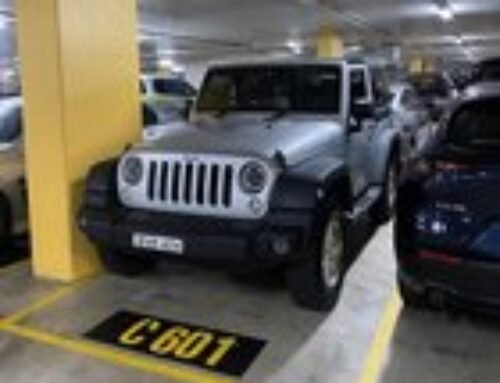The breakdown between MSRP and sales price is what caused the problem.
A few years ago, buying a car at MSRP was viewed as a bad deal. Nobody felt they should be paying “full price” for any vehicle, even more desirable models. But times have changed. Many cars are sold at a markup, and those with a price tag even close to MSRP are viewed as a steal. More problems come when dealers try to confuse the process with undisclosed fees and add-ons. As it turns out, the law frowns on such practices, and one Maryland Kia dealer found out the hard way.
The judge ruled that Koons Kia in Owings Mills, Maryland, must refund fees and shipping charges it levied on customers above and beyond the advertised purchase price of the vehicles. Though the dealer gets off without having to admit guilt in the matter, the financial implications of the judgment will likely sting.
Beyond the refunds, which the state estimates could easily surpass $1 million, Koons must reimburse the Maryland Consumer Protection Division up to $200,000 for its investigation. The state will waive half of that charge if Koons can stay out of trouble for a year.
Koons’ defense in the matter centered on the difference between sticker price and sales price. The dealer’s spokeswoman, Beth Kerr, told Automotive News that “MSRP is a well-understood term with its own definition and was clearly disclosed. Koons Kia fully disclosed the pricing properly on the window of the vehicle as well as all purchase documents.”
So, customers saw one number online or in an ad and a different number on the car when they went to the dealership.
Kerr said the dealer “agreed to the settlement to avoid the costs and disruption of litigation and because it requires us to make clearer in our advertising that the MSRP is not the sales price.”
She noted that Koons doesn’t see any issue with the practice and feels that it has no impact on its customers, meaning the dealer will continue with its wacky pricing practices but will be more transparent about them going forward. We don’t know which vehicles saw the most issues, but we’ve recently seen markups and extra charges on popular SUVs like the Kia Telluride.
Legal challenges aside, the car buying process has become too complicated and risky. As new vehicle inventory shortages continue, dealers sometimes markup pricing to compensate for fewer vehicles sold, but it’s not always clear to buyers how the costs stack up. Some dealers choose to be transparent and clearly label the added costs, but some wrap the upcharges in convoluted accessories or warranty packages that make it hard to figure out where your money’s going.
A few automakers have taken steps to prevent dealer price gouging on popular models like the Kia EV6. However, many still take a hands-off approach, putting the conversation around pricing squarely between buyer and seller.



